The National Universities Commission (NUC) has revealed a major capacity challenge facing Nigeria’s higher education system. According to Dr. Chris Maiyaki, Acting Executive Secretary of the NUC, the country’s universities can only admit 700,000 students out of the two million applicants seeking admission each year.
Dr. Maiyaki shared this information during the Annual General Meeting of the International Studies Alumni Association at Ahmadu Bello University, Zaria. He emphasized the growing gap between the demand for university education and the available spaces in Nigeria’s 274 universities.
This shortfall leaves a large number of prospective students unable to secure places in higher education institutions, putting significant pressure on the education system. The NUC is actively seeking solutions to bridge this gap.
### Transnational Education Initiative
In response to the capacity issue, the NUC has introduced a transnational education initiative. This plan encourages foreign investors to establish branch campuses and other educational institutions in Nigeria. These new institutions will operate under NUC’s strict regulatory guidelines to maintain academic standards.
“As a matter of policy, the NUC has implemented this initiative to bring in foreign investors who will open branch campuses, offer training, and establish teaching institutions,” said Maiyaki.
In addition to the transnational education effort, President Bola Tinubu has urged a mix of public and private financing for Nigerian universities. He called on corporate bodies, communities, and individuals to contribute towards improving higher education in the country.
While government funding remains crucial, President Tinubu highlighted the need for private financial support to help enhance university resources. The federal government has also awarded contracts to expand broadband infrastructure in 18 universities, further supporting education reform efforts.



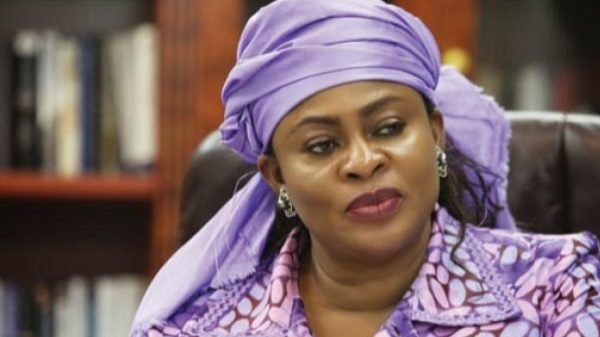























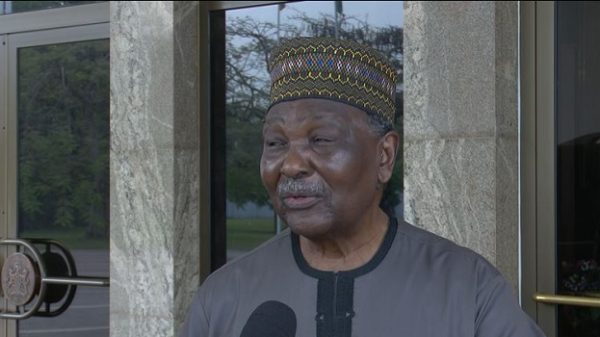
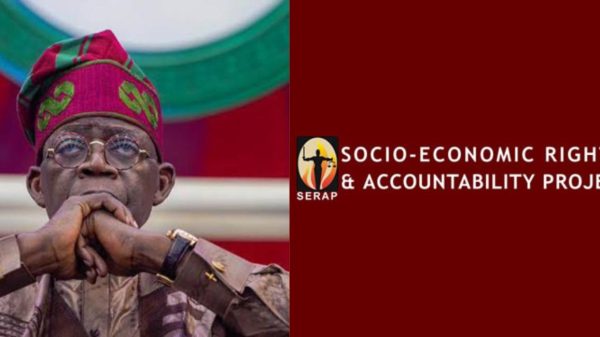
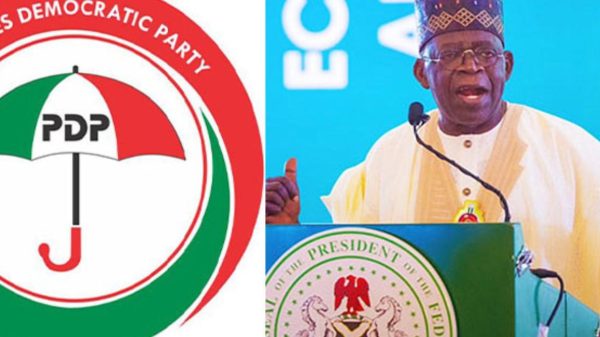






















































































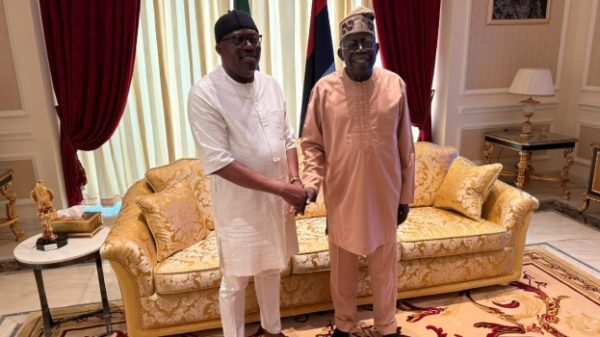

Tade Joseph OSHALOTO
January 19, 2025 at 2:35 am
The 1,300 who are unable to secure a space, are they equally qualified for university education, and what remedial efforts is the country making to ensure such a huge portion of our prospective academic population isn’t left behind?
Thank you.